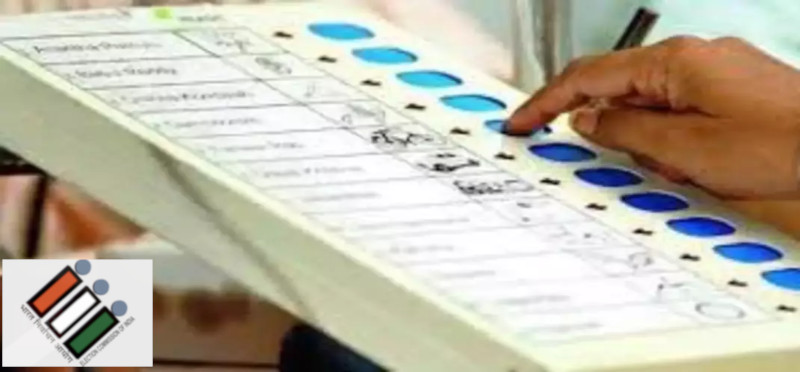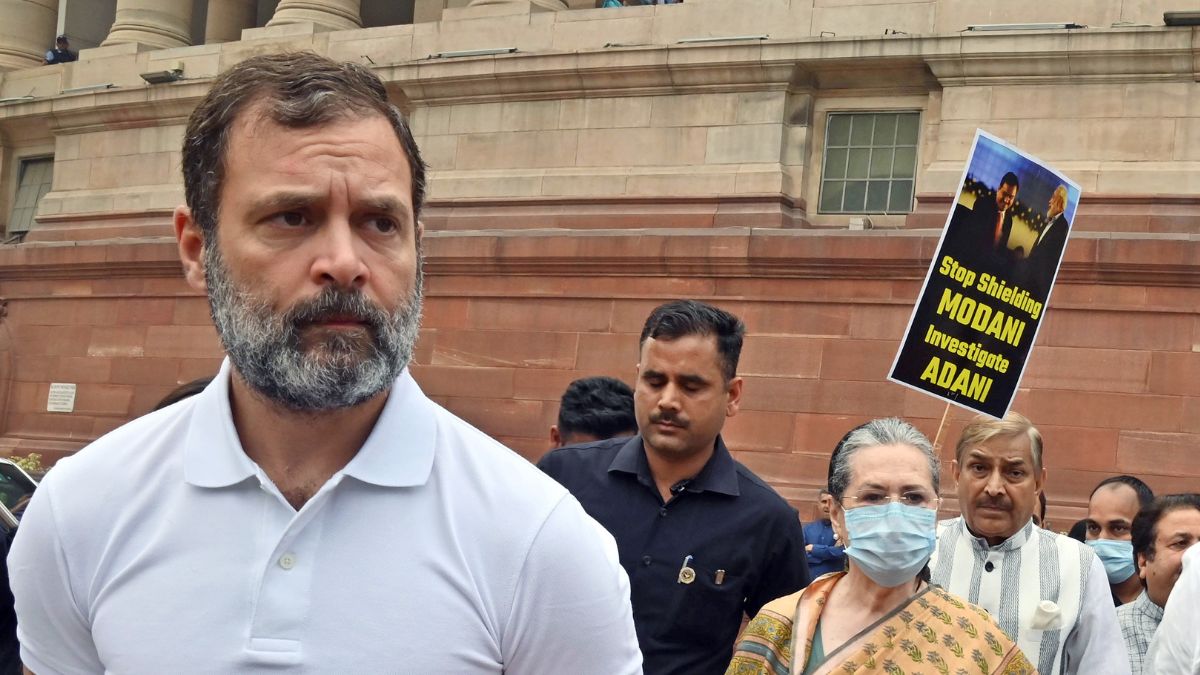Indian Elections: In the realm of Indian elections, the Model Code of Conduct (MCC) stands as a cornerstone, guiding the behavior and actions of political parties and candidates. Let’s delve into the intricacies of this crucial framework that shapes the democratic process.
Deciphering the Significance of the Model Code of Conduct
Importance of Ethical Conduct
One of the primary objectives of the Model Code of Conduct is to ensure fair and ethical practices during elections. It aims to maintain the sanctity of the electoral process by prohibiting activities that may unduly influence voters or undermine the democratic principles.
Leveling the Playing Field
By laying down rules and regulations, the MCC endeavors to create a level playing field for all political parties and candidates. This prevents any individual or group from gaining an unfair advantage through unfair means such as bribery, coercion, or intimidation.
Ensuring Transparency
Transparency is paramount in a democratic setup, and the Model Code of Conduct reinforces this notion by promoting transparency in campaign finances, declarations, and communications. It fosters accountability and trust between the electorate and those vying for public office.
Key Provisions of the Model Code of Conduct
Restrictions on Campaigning
Under the MCC, certain restrictions are imposed on the timing, location, and manner of campaigning to prevent undue disruption and ensure a peaceful electoral environment. These restrictions may include limitations on rallies, roadshows, and public meetings.
Code of Ethics for Political Communication
Political communication plays a pivotal role in shaping public opinion. The MCC outlines a code of ethics that governs the content and tone of communication during election campaigns, discouraging the spread of misinformation, hate speech, or defamatory remarks.
Fair Allocation of Resources
To prevent the misuse of resources and curb the influence of money power in elections, the Model Code of Conduct mandates fair and transparent allocation of resources, including media airtime, advertising space, and public infrastructure.
Enforcement and Adherence
Role of Election Commission
The Election Commission of India (ECI) serves as the custodian of the Model Code of Conduct, responsible for its enforcement and monitoring. It has the authority to take action against any violation of the MCC, ranging from issuing warnings to imposing penalties or even disqualification.
Public Vigilance
While the Election Commission plays a crucial role in upholding the MCC, public vigilance is equally important in ensuring its effectiveness. Citizens are encouraged to report any instances of violations or malpractices observed during the electoral process.
Challenges and Criticisms
Enforcement Challenges
Despite its significance, the Model Code of Conduct faces challenges in enforcement, particularly due to the evolving nature of electioneering tactics and the influence of vested interests. Addressing these challenges requires constant vigilance and proactive measures.
Need for Strengthening
Critics often argue that the Model Code of Conduct needs to be strengthened further to address emerging issues such as social media manipulation, paid news, and identity-based politics. Reforms may be necessary to enhance its efficacy in the digital age.
Disclaimer : इस न्यूज़ पोर्टल को बेहतर बनाने में सहायता करें और किसी खबर या अंश मे कोई गलती हो या सूचना / तथ्य में कोई कमी हो अथवा कोई कॉपीराइट आपत्ति हो तो वह [email protected] पर सूचित करें। साथ ही साथ पूरी जानकारी तथ्य के साथ दें। जिससे आलेख को सही किया जा सके या हटाया जा सके ।















